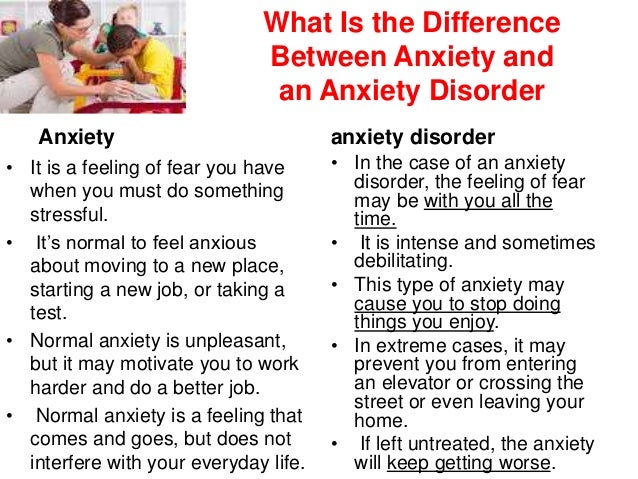

But the subjective component, typically assessed via verbal report, has been viewed as no more important than the others, and, in fact, has often been least valued by scientists. Contemporary theories of human emotions, including fear and anxiety, still emphasize the relation between subjective experience, overt behavior, and physiological changes. For Darwin the mental state of emotion caused behavioral and physiological responses in the body, while for James the body responses defined the mental state. Both emphasized subjective experience but in different ways. Modern theories of emotion started in the late nineteenth century with Charles Darwin and William James. We propose here that one factor, more than all others, has contributed to this state of affairs: the systematic marginalization of the subjective experience of patients as a research topic and treatment target. Yet, treatments remain less satisfactory than patients and therapists would like. The success of this pre-clinical research has substantially influenced modern clinical interventions. Problems related to fear and anxiety are among the most prevalent forms of mental illnesses and have been the subject of much research in animals and humans. Today, however, cognitive neuroscience research on consciousness is thriving, and offers a viable and novel scientific approach that could help achieve a deeper understanding of mental disorders and their treatment. These negative attitudes about subjective experience took root in psychiatry and allied fields decades ago when there were few avenues for scientifically studying subjective experience. Given that “mental” disorders are named for, and defined by, their subjective mental qualities, it is perhaps not surprising, in retrospect, that treatments that have sidelined mental qualities have not been especially effective. Further, the treatments developed using more objective symptoms as a marker of psychopathology have mostly been disappointing in effectiveness. Decades of research on anxiety disorders, however, show that behavioral and physiological symptoms do not correlate as strongly with subjective experiences as is typically assumed. To the extent that subjective symptoms are related to the underlying problem, it is often assumed that they will be taken care of if the more objective behavioral and physiological symptoms are properly treated. On the other hand, the subjective experience of the patient reported during a clinical interview is often viewed as a weak correlate of psychopathology. Because the bodily responses are readily measured objectively, these have come to be emphasized when developing treatments and assessing their effectiveness.

Mental health problems often involve clusters of symptoms that include subjective (conscious) experiences as well as behavioral and/or physiological responses.


 0 kommentar(er)
0 kommentar(er)
